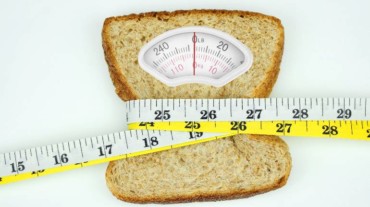
On World Thyroid Day, let us decode some myths around thyroid. But before we begin, let us understand what this really is.
The thyroid is a butterfly-shaped gland situated in front of the neck. It produces thyroid hormones called T3 and T4 under the effect of Thyroid-stimulating hormone (TSH). The hormones help to maintain basal metabolic rate (BMR) and subsequently influence every organ. Thyroid disorders not only depend on the fluctuating levels of the hormone secretion, underactive thyroid (Hypothyroidism), overactive thyroid (hyperthyroidism), but also on other conditions like; thyroid swelling (goiter), and benign and malignant (cancerous) nodules of the thyroid gland. Endocrinology is the specialty that deals with all the thyroid gland problems in depth and helps find solutions to deal with it.
Myth: Hypothyroidism is a disorder of middle-aged women.
Fact: Hypothyroidism can affect a person of any age and gender.
Myth: All patients with thyroid problems develop goiter.
Fact: Most patients with thyroid disorder don’t develop goiter.
Myth: Once the TSH is normal, one can stop taking medication.
Fact: The TSH report is normal because of the regular use of medication. Most patients with hypothyroidism require lifelong medication.
Myth: Hypothyroidism can be managed with diet regulation.
Fact: No modification of diet alone can bring back your thyroid hormone to normalcy.
Myth: A lump or nodule in the thyroid means cancer.
Fact: Most thyroid nodules are benign and, on average, only 5 percent of nodules turned out to be malignant.
Myth: Thyroid cancer is not curable.
Fact: Most thyroid cancer, if detected early, are curable with thyroid surgery and radio-iodine treatment.
Myth: Being hypothyroid, one cannot become pregnant.
Fact: With good control of hypothyroidism, one can easily plan pregnancy, although frequent monitoring is a prerequisite.

Myth: Surgery is a must for goiter.
Fact: Surgery is required in certain situations like when goiter is hampering swallowing or breathing or when malignancy is suspected or for cosmetic purposes. Medically it is not required in every case.
Select Topics of your interest and let us customize your feed.
PERSONALISE NOWMyth: Weight fluctuation indicates a thyroid condition.
Fact: There are a lot of factors that go into weight management. It’s a complex relationship between thyroid disorder, metabolism and weight.

Myth: One must stop eating certain foods due to thyroid medication
Fact: Some foods, supplements, and other medications can impact how effective thyroid medication is to the body, doctors will always let one know about dietary restrictions that one must follow.
Myth: The symptoms of thyroid disorder are visible/tangible
Fact: Not true. The symptoms of thyroid in many cases are vague, making it tough for a diagnosis. It can make patients feel miserable. Timely testing is the only reliable method for diagnosis.
Get Latest Updates on Preventive Care, Family Care, Reproductive Care, Self Care